Improved Cooking Stoves are Constructed in RCP Villages
Cooking in most of the developing world is a tedious, complicated, and hazardous task. Why? The method used, open fire, is inherently dangerous and unhealthy. In fact, the World Health Organization (WHO) says cooking over an open fire causes more deaths than tuberculosis and malaria. But clean, safe cooking technology is available, and Global Volunteers is working to provide improved cooking stoves for healthier, safer, and more efficient ways of cooking in Tanzania.
WHO estimates that almost four million people a year die prematurely from illness attributable to the household air pollution caused by the inefficient use of solid fuels and kerosene for cooking. How is this possible?
Although cooking in developed countries is usually a matter of pressing buttons, most people in developing countries – around three billion people – still cook over open fire. For example, a three boulder, open and unvented wood fire “kitchen” is common in the Ukwega Ward, Tanzania. The indoor fires are usually fueled by solid materials such as wood, dung, or crop residue – many of which release harmful emissions into the air as they burn. These emissions, in turn, act as a catalyst for respiratory infections. USAID’s Environmental Health Program reports that acute lower respiratory infections, the leading cause of death among children under five, are “closely associated with exposure to indoor smoke from cooking with biomass fuels.”
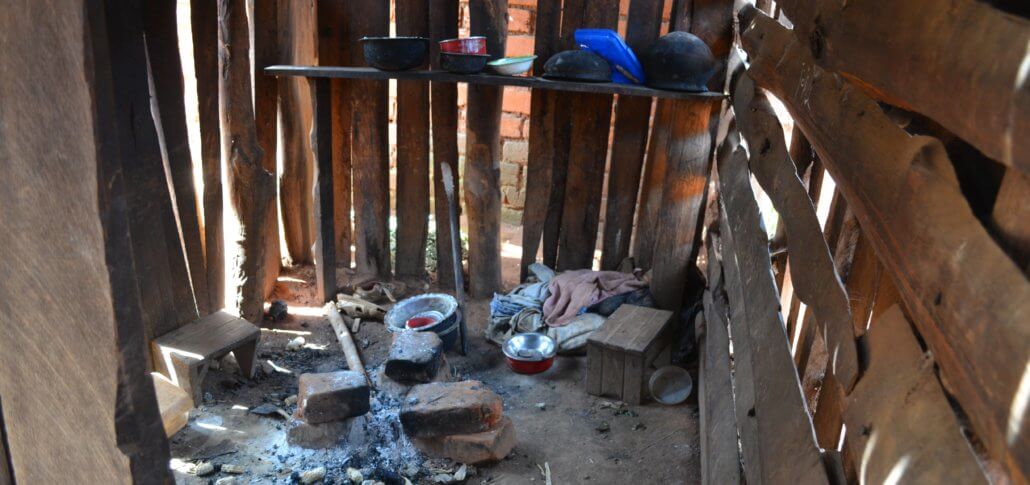
Women and children, who primarily spend more time around these indoor fires, suffer most. This is particularly worrying when women are pregnant, and children are in the first 1,000 days of life – the most significant developmental time in all our lives. Further, fires can – and often do – erupt in the indoors kitchen. Added to that, children – usually girls – are kept out of school at times to help with household chores such as gathering wood for cooking stoves.
But clean cooking can turn this around. Improved cooking stoves contribute to 10 of the 17 United Nations’ Sustainable Development Goals in the areas of health, education and environment. It’s one of the most impactful ways to elevate conditions for those living in poverty.
In financial terms, the World Bank estimates that “lack of progress in clean cooking is costing the world more than $2.4 trillion each year.” Unfortunately, the outlook amid the COVID-19 pandemic is not promising. Makhtar Diop, World Bank Vice President for Infrastructure, states “this toll may increase in the ongoing pandemic as household air pollution, resulting from the use of highly polluting fuels and stoves, may make exposed populations more susceptible to COVID-19 and other respiratory diseases.”
Global Volunteers is demonstrating a solution to this problem, and has selected a fuel efficient stove design that vents the smoke out of the cooking area, improves combustion, and reduces the amount of fuel needed to cook. The stoves will be built for RCP families throughout the Ukwega Ward as funding is available. Each improved stove includes a chimney that removes smoke and other pollutants from the enclosed space through a chimney and is constructed from locally available materials. The design reflects the type of fuel that is readily available to the people using it.
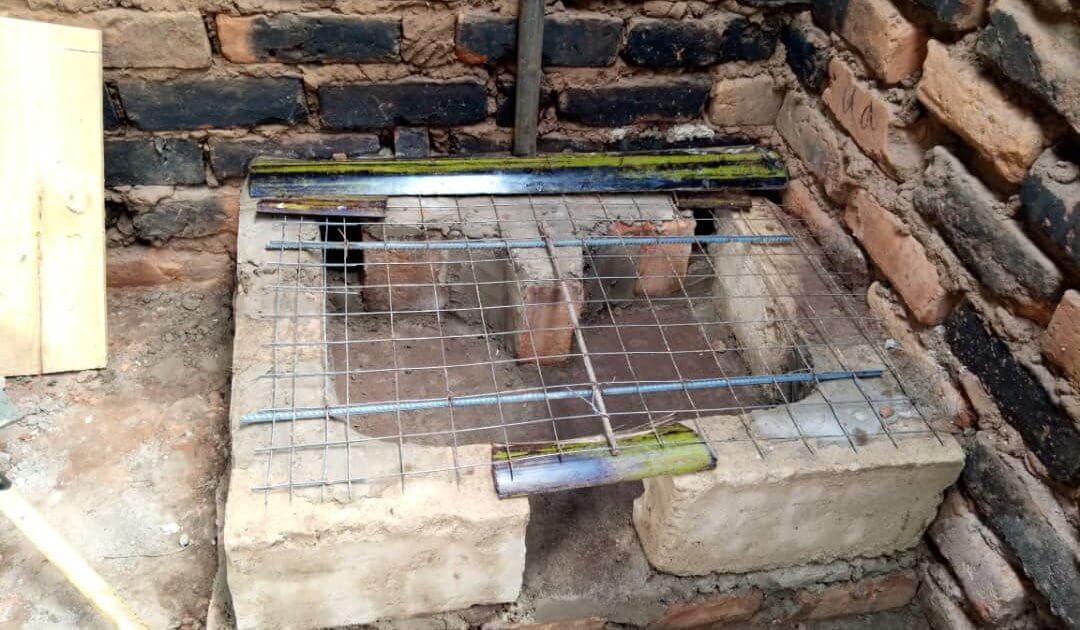
Local residents in the Ukwega Ward are now participating in a demonstration of this new household technology. Andrew Philbrook, Global Volunteers Director of the RCP Program in Tanzania, reports RCP families are eager to accept improved cooking stoves in their homes. “Community members are interested in these fuel efficient stoves because they consume a smaller amount of firewood, and retain heat for a long time.” Andrew continues: “Our stoves are sustainable because we use basic blocks, concrete, and steel pipe in the building process. This is a low-maintenance technology and the construction materials are available in Iringa, the town nearby.”
An early adopter of clean cooking is RCP mother Prisca Magomola, who at age 32, is married with four children. She converted from a stove made of mud to the new vented cement model. “The mud stove was not made by quality materials and when there was rain, the stove broke,” Prisca explained. “That caused frequent repairing. But the stove Global Volunteers built in my home is efficient, safe, with less smoke and only a little firewood. I am so thankful that Global Volunteers chose to demonstrate this stove in my house because it’s very helpful. I did not have money to afford this type of stove.”
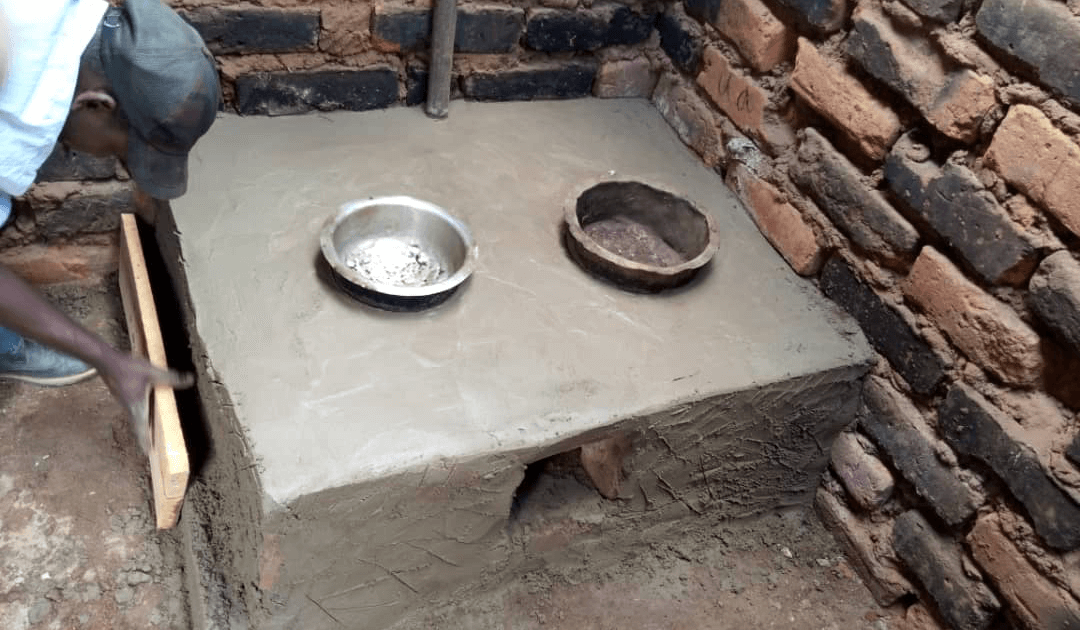
Word-of-mouth recommendations are the most effective way of advancing new technology in a community, and Prisca is proud to promote this clean and safe way of cooking. Andrew said fundraising will begin soon to build hundreds of stoves throughout the five villages to further elevate RCP families’ health and welfare. Initially, stoves will be tested in a few RCP families homes, at four village schools, and at Global Volunteers RCP center for demonstration at parent workshops.
Because less wood is needed to cook, women will spend less time collecting wood. Within the Ukwega Ward, the introduction of these stoves means local women will have more time to care for their children, attend parent workshops, and be available for weekly home visits, a key component of the RCP Program .
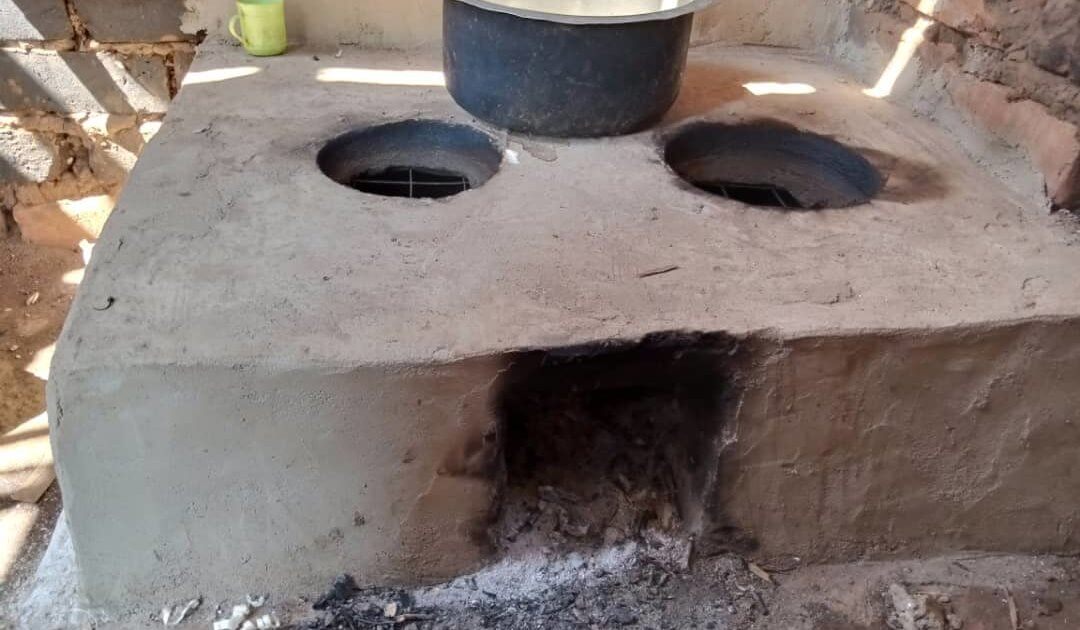
Global Volunteers aims to provide improved cooking stoves to 100 RCP families in 2021-22. Volunteers and families will together construct the household stoves under the supervision of the RCP Program pngineer. RCP Caregivers and volunteers will instruct families on the safe use and maintenance of the stoves to ensure appropriate and continued practice. Andrew said that with the goal is to supply these stoves to all 610 RCP families and four schools in the Ukwega ward. With an average family of seven, more than 4,250 family members and 1,500 school children will benefit from these stoves. Each stove costs just $60 and will last decades. Our goal is to provide safe stoves for the remainder of the more than 600 families in the Ukewga Ward to vastly improve their health and well-being. You can be an instrumental part of this long-term effort through your donations to this critical project.
You may also like:

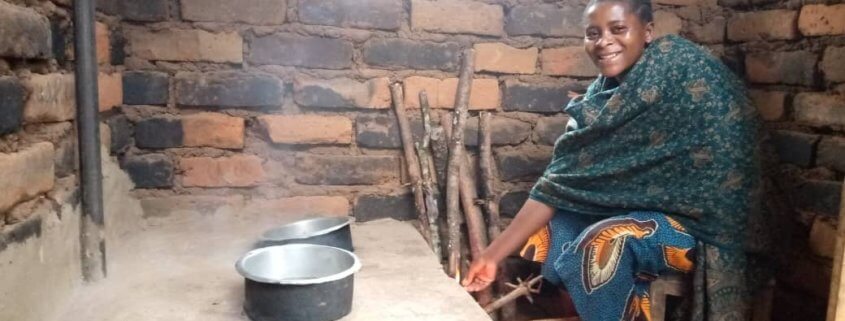


Leave a Reply
Want to join the discussion?Feel free to contribute!